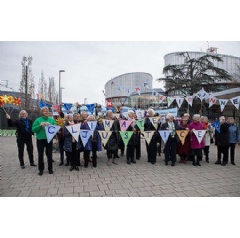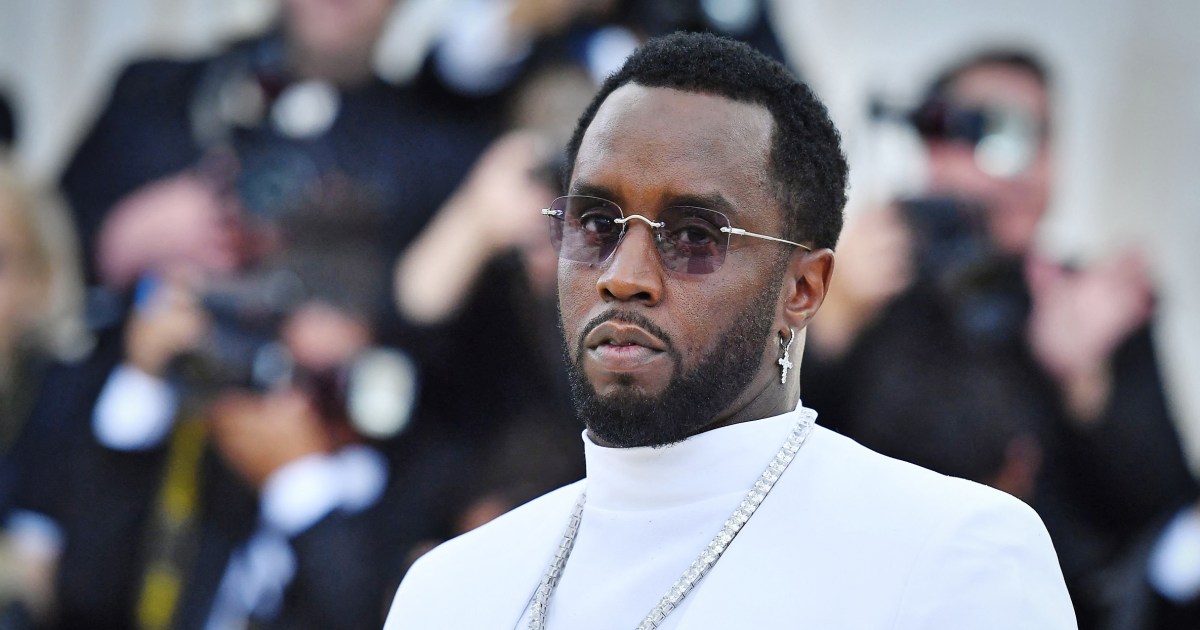No products in the cart.
NAVIGATING THE ETHICAL WATERS OF ORGAN TRAFFICKING:
PHYSICIANS' ROLE IN MITIGATING TRANSPLANT TOURISM
In the intricate realm of medical travel, a troubling trend has emerged – transplant tourism. This practice sees individuals traversing international boundaries in pursuit of organ transplantation procedures, oftentimes driven by urgent medical needs and the promise of a second chance at life. However, beneath the surface lies a web of ethical dilemmas, legal complexities, and human rights concerns, as the sourcing of organs and the exploitation of donors come into sharp focus. In this comprehensive exploration, we delve into the global landscape of transplant tourism, dissecting its practices, controversies, and potential solutions.
Unraveling the Fabric of Transplant Tourism: A Holistic Perspective
Transplant tourism, a subset of the broader medical tourism industry, embodies a multifaceted phenomenon with implications stretching far beyond individual patients. It encompasses a spectrum of practices, from legitimate transplantation services to illicit organ trafficking networks operating in the shadows of legality. To grasp the full scope of transplant tourism, one must delve into its underlying drivers, demographic patterns, procedural nuances, and, most importantly, the ethical considerations that underpin this contentious issue.
Understanding the Catalysts Behind Transplant Tourism: A Complex Interplay
A myriad of factors converge to propel the growth of transplant tourism on a global scale. Central to this phenomenon is the escalating prevalence of chronic illnesses like kidney failure, fueled by demographic shifts and lifestyle-related diseases such as diabetes and hypertension. The scarcity of donor organs within domestic borders, coupled with lengthy waitlists for transplantation, compels patients to seek alternatives abroad. Economic differentials, cultural disparities, and the commercialization of organs further exacerbate the demand for transplant tourism, perpetuating an underground market driven by financial incentives and human exploitation.
Peering into the Demographics and Patterns of Transplant Tourism
Transplant tourists and donors represent a mosaic of demographics shaped by socioeconomic factors, geographic disparities, and cultural norms. While recipients often hail from affluent nations endowed with advanced healthcare systems, donors predominantly originate from marginalized communities in developing countries. The transplantation journey unfolds through intricate networks of intermediaries – brokers, surgeons, and facilitators – orchestrating organ procurement and transplantation across borders. Regional variations in transplant patterns emerge, with certain destinations emerging as hotspots for transplant tourism due to factors like cost-efficiency, regulatory leniency, and the availability of willing donors.
Unveiling the Ramifications and Moral Quandaries of Transplant Tourism
Beneath the veneer of life-saving surgeries lie profound ethical dilemmas and adverse outcomes plaguing both recipients and donors embroiled in transplant tourism. Recipients risk exposure to substandard medical care, inadequate postoperative support, and heightened susceptibility to complications ranging from infections to organ rejection. Meanwhile, donors, coerced or lured by financial incentives, endure physical and psychological harm, financial exploitation, and enduring health repercussions. The ethical fabric of transplant tourism is further frayed by concerns of human rights violations, social inequities, and the equitable distribution of healthcare resources. Critics decry transplant tourism as perpetuating global disparities in healthcare access, undermining domestic medical systems, and perpetuating cycles of poverty and exploitation.
$1,200 of $5,000 raised
Hey! We've raised $1,200 of the $5,000 we are trying to raise for this campaign!

Forging Regulatory Pathways and Sustainable Models: Toward Ethical Resolutions
Addressing the labyrinthine challenges posed by transplant tourism demands a multifaceted strategy encompassing regulatory frameworks, ethical guidelines, and sustainable healthcare paradigms. Regulatory interventions, ranging from legal enforcement to international collaboration, aim to combat organ trafficking, enforce ethical standards, and hold perpetrators of illicit transplantation practices accountable. Sustainable models, exemplified by initiatives such as Iran’s government-funded kidney donation program, prioritize ethical organ procurement, equitable access to transplantation services, and long-term care for both donors and recipients. Moreover, grassroots initiatives, public awareness campaigns, and ethical education endeavors play pivotal roles in fostering responsible medical tourism practices and fostering global solidarity in organ donation and transplantation.
Empowering Patients and Practitioners: The Role of Travel Medicine
Within the domain of travel medicine, practitioners emerge as staunch advocates for the health and welfare of transplant tourists. Pre-travel consultations, risk assessments, and vaccination protocols equip patients with the knowledge to navigate the complexities of transplant tourism responsibly. By offering evidence-based guidance, ethical counseling, and empathetic support, travel medicine professionals empower patients to make informed decisions and mitigate the inherent risks associated with medical travel. Furthermore, ongoing research, professional development, and collaboration with international stakeholders enable travel medicine practitioners to contribute meaningfully to global initiatives aimed at promoting ethical transplantation practices and safeguarding vulnerable populations.
Conclusion: Charting a Course Amidst the Ethical Quagmire of Transplant Tourism
In conclusion, transplant tourism represents a labyrinthine global phenomenon fraught with ethical, medical, and socioeconomic intricacies. As medical travel continues its ascent, a critical examination of the practices, controversies, and potential solutions surrounding transplant tourism is imperative. Through interdisciplinary dialogue, ethical introspection, and collaborative action, stakeholders across healthcare, academia, government, and civil society can navigate the choppy waters of transplant tourism, upholding ethical standards and ensuring equitable access to transplantation services worldwide. By championing responsible medical tourism practices and prioritizing the welfare of patients and communities, we can steer towards a future anchored in ethical integrity, sustainability, and global health equity.
Greenpeace response to Committee of Ministers’ decision on KlimaSeniorinnen v Switzerland climate case
- by Tami Damron
Today, the Committee of Ministers of the Council of Europe� announced that Switzerland is not complying with the ruling of the European Court of Human Rights (ECtHR) �in the� landmark
Read More » Drug Kingpins Bag 70 Years In Jail, Forfeit Vehicles, Including Prado Fitted With ‘Fake Presidential Plate’, Used In Trafficking Drugs
- by Obafemee80
Two drug kingpins bag 70 years a in jail, forfeit vehicles, including Prado fitted with ‘Fake Presidential Plate’, used in trafficking drugs. The two were arrested by NDLEA operatives with
Read More » Trump Makes Massive Cut to Columbia University Amid War on Education
- by Hafiz Rashid
The Trump administration is canceling $400 million in grants to Columbia University over what it says is “the school’s continued inaction in the face of persistent harassment of Jewish students.”In
Read More » Sean ‘Diddy’ Combs accused of ‘forced labor’ in new indictment
- by Reuters
U.S. prosecutors on Thursday unveiled a new indictment against Sean “Diddy” Combs accusing the hip-hop mogul of forcing employees to work long hours and threatening to punish those who did
Read More » Florida AG will continue Tate brother investigation, despite their departure
Florida Attorney General James Uthmeier said he would continue to pursue an investigation against Andrew and Tristan Tate, influencer brothers who were accused of human trafficking in Romania. “Fleeing our
Read More » Illegal Alien Charged with Human Trafficking 16-Year-Old Girl in Florida
An elderly illegal alien is accused of human trafficking and sexually assaulting a 16-year-old girl in Flagler County, Florida. Jose Valerio-Rodriguez, a 70-year-old illegal alien from Cuba, has been arrested
Read More » 







